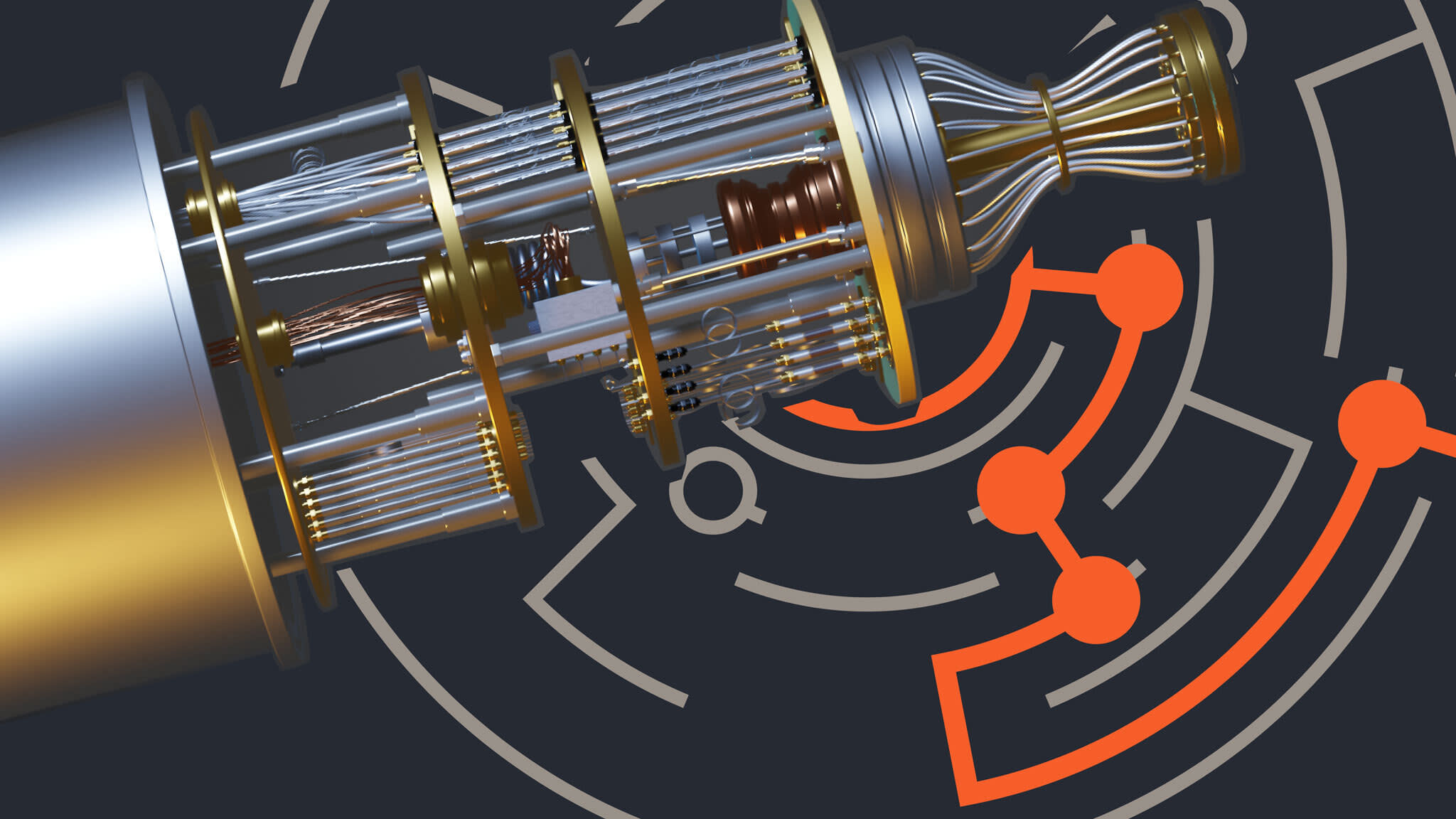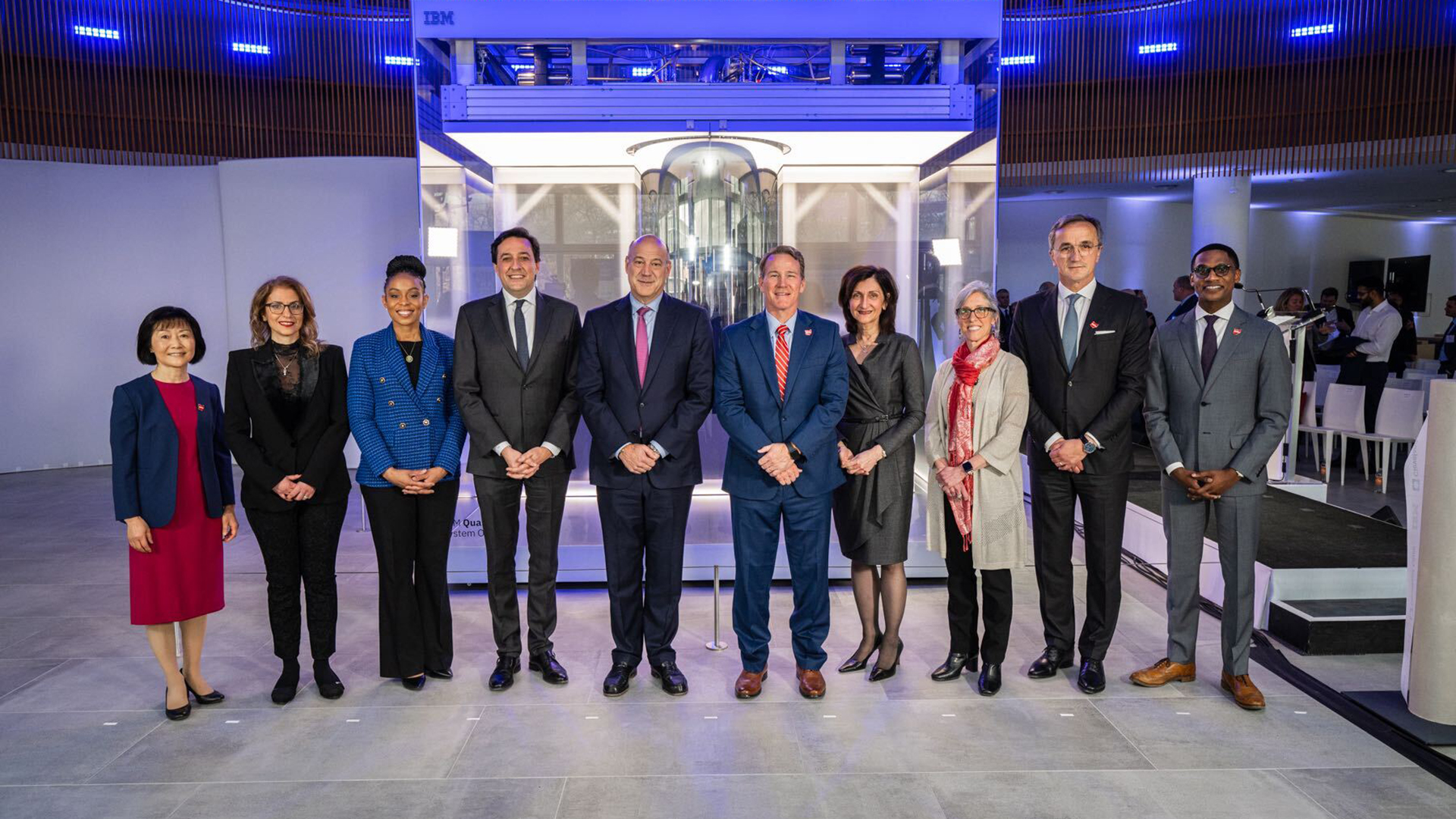- Bell State
- Posts
- Fault Tolerance, AWS, and IBM Quantum Conference in Paris
Fault Tolerance, AWS, and IBM Quantum Conference in Paris
Quantum Computing Newsletter 🤖
Welcome to The Bell State.

Your weekly roundup of the biggest breakthroughs in Quantum Computing.
slowly losing my mind working on this, but finally convinced I could pass leo dicaprio's maze test in inception
— Sam Learner (@sam_learner)
8:43 PM • Mar 8, 2023
Quantinuum Achieves Major Leap Towards Fault-Tolerant Quantum Computing
Quantinuum, a UK-based tech firm, has made a significant advance in developing fault-tolerant quantum computing. The breakthrough involves the creation of topological qubits, which are resilient to environmental disturbances, using their newly launched H2 quantum processor. This is a significant step towards creating quantum computing systems that can operate even if some components fail. The research is currently under peer review.
AWS Initiates Quantum Computing Skill Development in India
Amazon Web Services (AWS) has introduced two skill development programs in India focused on quantum computing. Collaborating with academic institutions and learning platforms, AWS will integrate its fully managed service, Amazon Braket, into courses. The programs aim to provide practical experience and enhance technical skills for students and professionals in the field.
IBM Navigates Quantum Tech Race with Milestone Deployments and Roadmap
IBM has advanced its quantum computing roadmap, deploying the first US-based, private-sector quantum computer at the Cleveland Clinic and planning to unveil the Heron processor later this year. Despite the potential security challenges posed by quantum computing, IBM is mitigating these risks through its Quantum Safe program. The company's progress comes amid rising competition in the quantum computing space.
A history of quantum computing — how it works, the kinds of problems it could solve, and why it threatens a system of encryption that underpins the whole internet..
NIST's new invention improves quantum computing by combining ion trap and photon detector
The National Institute of Standards and Technology (NIST) has developed a new device that combines an ion trap and a single-photon detector to improve the efficiency of quantum computing systems. The device overcomes previous challenges of tracking multiple ions for increased processing power by using an aluminum barrier that allows large voltages to be used without disrupting the detector's performance. The innovation eliminates the need for bulky equipment, and the potential for a clear view of all ions in the system is maintained. This NIST innovation has been published in Applied Physics Letters.
@IBM #Quantum Conference in Paris Next Week
The Quantum Network Partner Forum 2023 will take place on May 15-17th at the IBM Innovation Studio Paris. This exclusive event aims to bring together IBM Quantum Network members to network, learn successful strategies in quantum ecosystem building, showcase member capabilities, and get updates from IBM Quantum.






